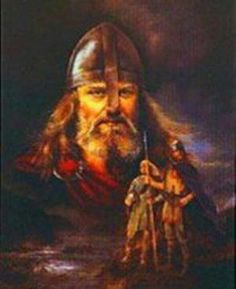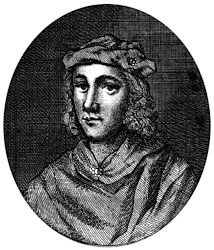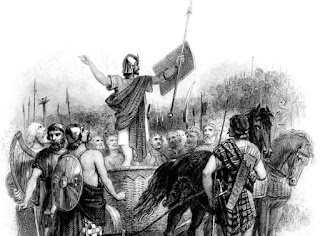Mary Slessor
Alba Historical snippets
Mary Slessor
She was a mill girl in Dundee from her childhood. Her mother was sick and her father a drunkard. Her two brothers died, followed by her father. Thus, at 14, she was left to care for her mother and two sisters. That was in 1862.
Yet incredibly, Mary Slessor nursed what seemed like an impossible dream: to follow in the footsteps of her great hero, David Livingstone and become a missionary in Africa.
The fact that Aberdeen-born Mary achieved this at all was a testament to the courage and sheer determination. Waiting until her sisters were old enough to work, she managed to overcome the severe prejudice against unmarried women in pioneering roles, was accepted by the Foreign Mission Board of the United Presbyterian Church and was posted to West Africa, arriving in Calabar at the age of 28.
Slessor was unhappy about what she found in the missions of what would become Nigeria – an unsympathetic attitude towards 'heathens and savages. Requesting a move up-country to areas never before penetrated by whites, she began instead to develop an understanding of the tribes people and their customs, learning their dialects, studying their superstitions, eating their food, going barefoot, and cropping her hair short.
Instead of Victorian petticoats, she wore a loose frock called a Mother Hubbard. She needed all of her courage to oppose the local tradition of polygamy, and she took practical steps to fight the local practice of killing twins or infants whose mothers died in childbirth. Instead of facing death, these children were adopted and brought into her own household.
The tribes folk came to love her and call her Ma, and cared for her through frequent bouts of malaria.
Although she was eventually given official status as a magistrate, it was mutual love and respect that sustained her until malaria and dysentery finally claimed her, the one-time mill lass, aged 67.












Comments
Post a Comment